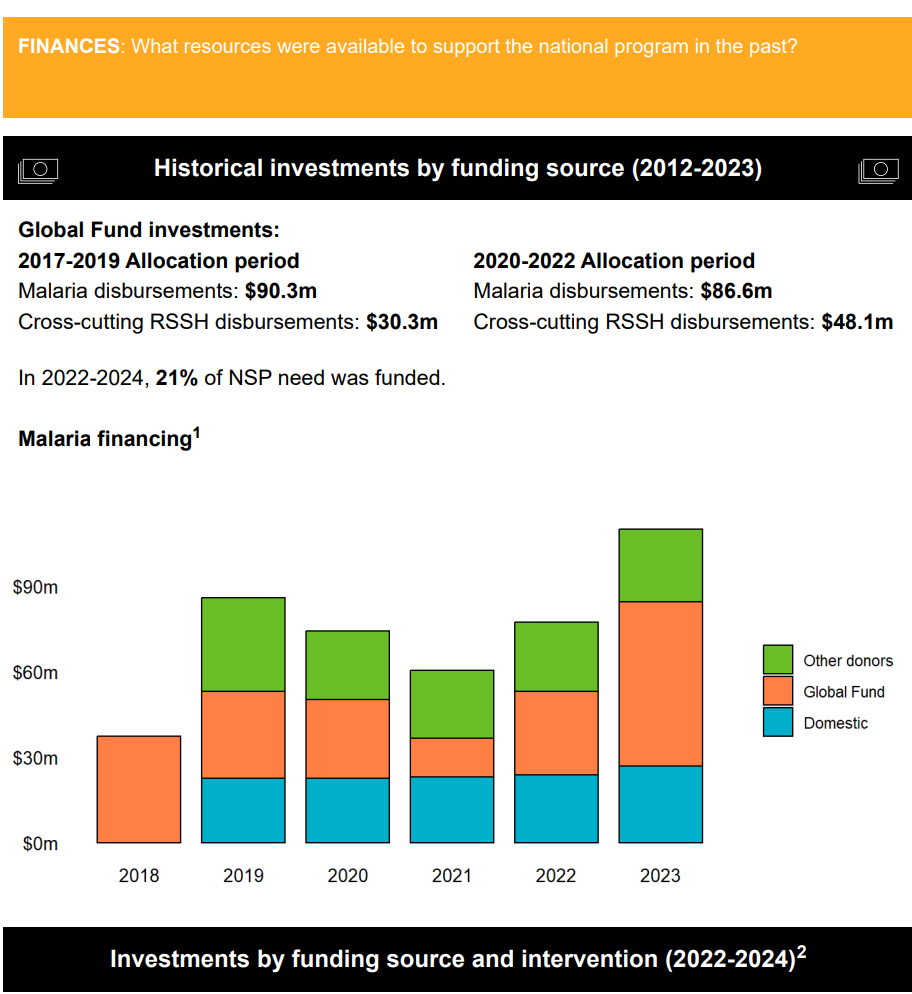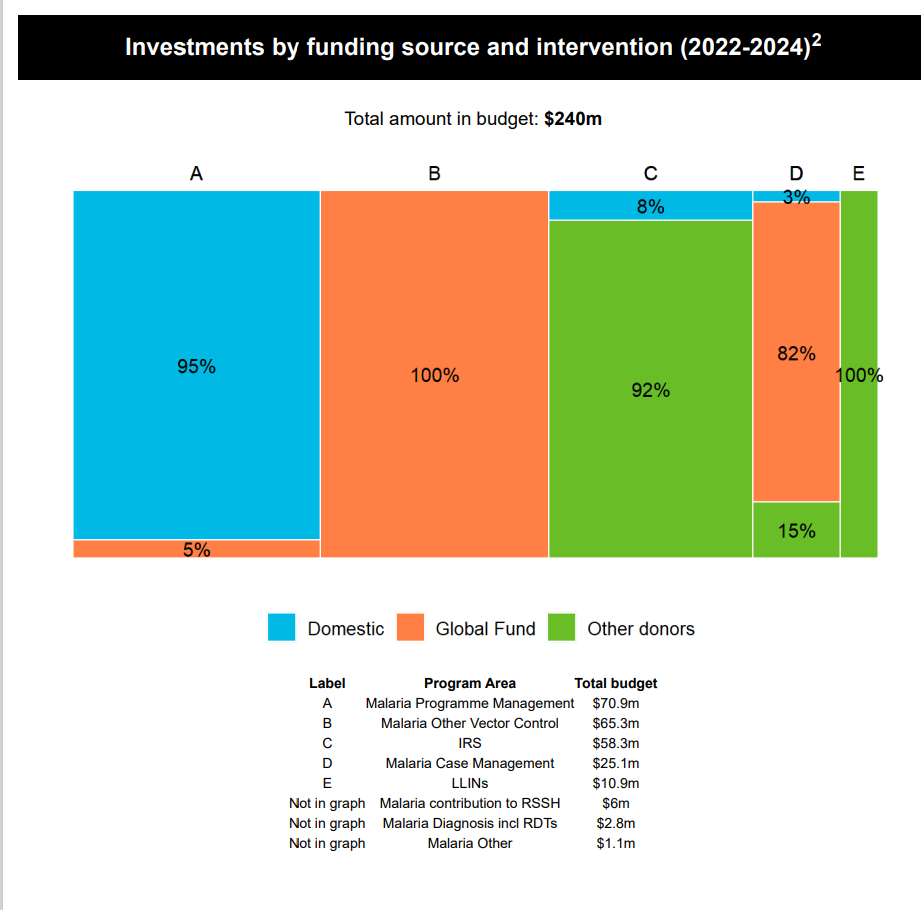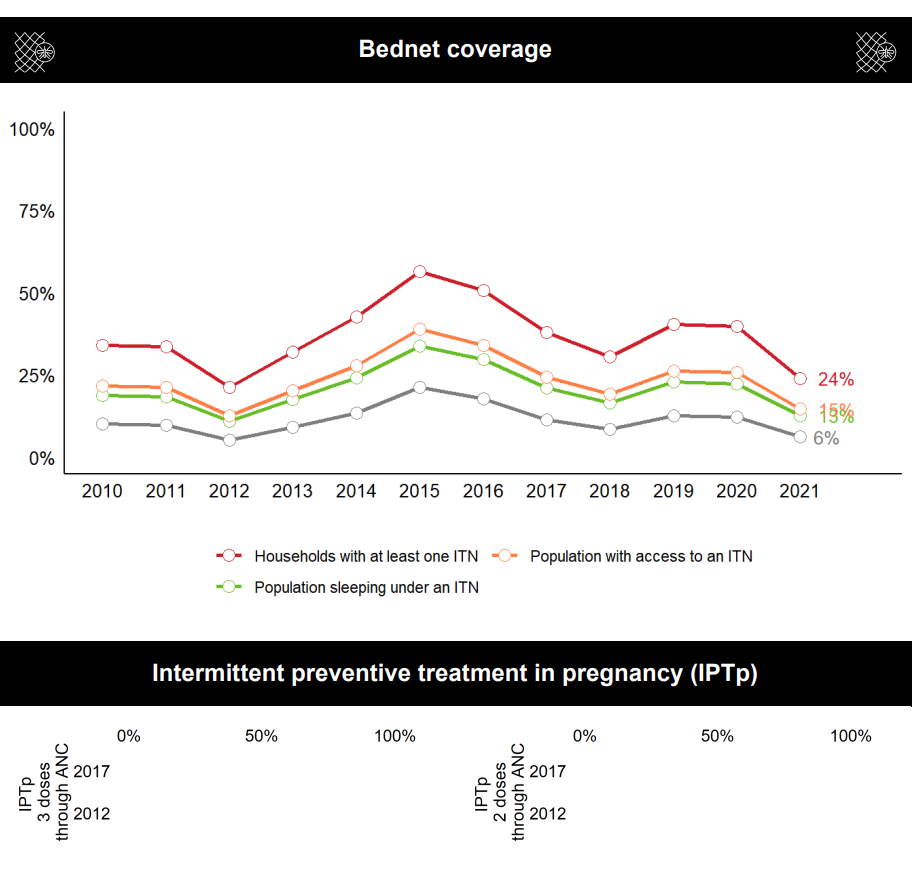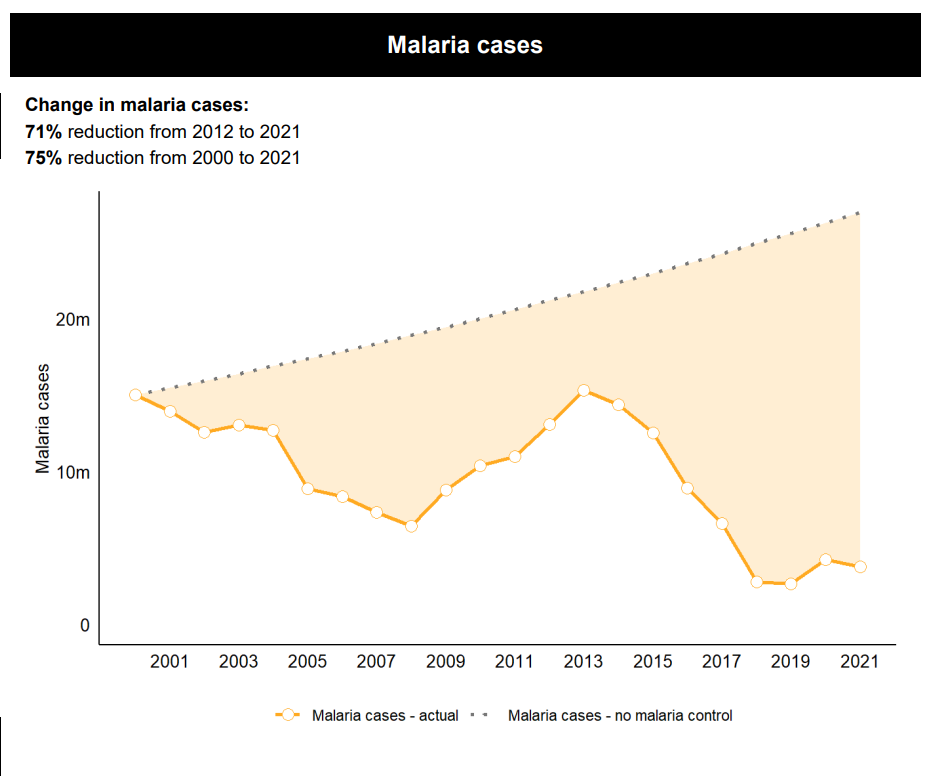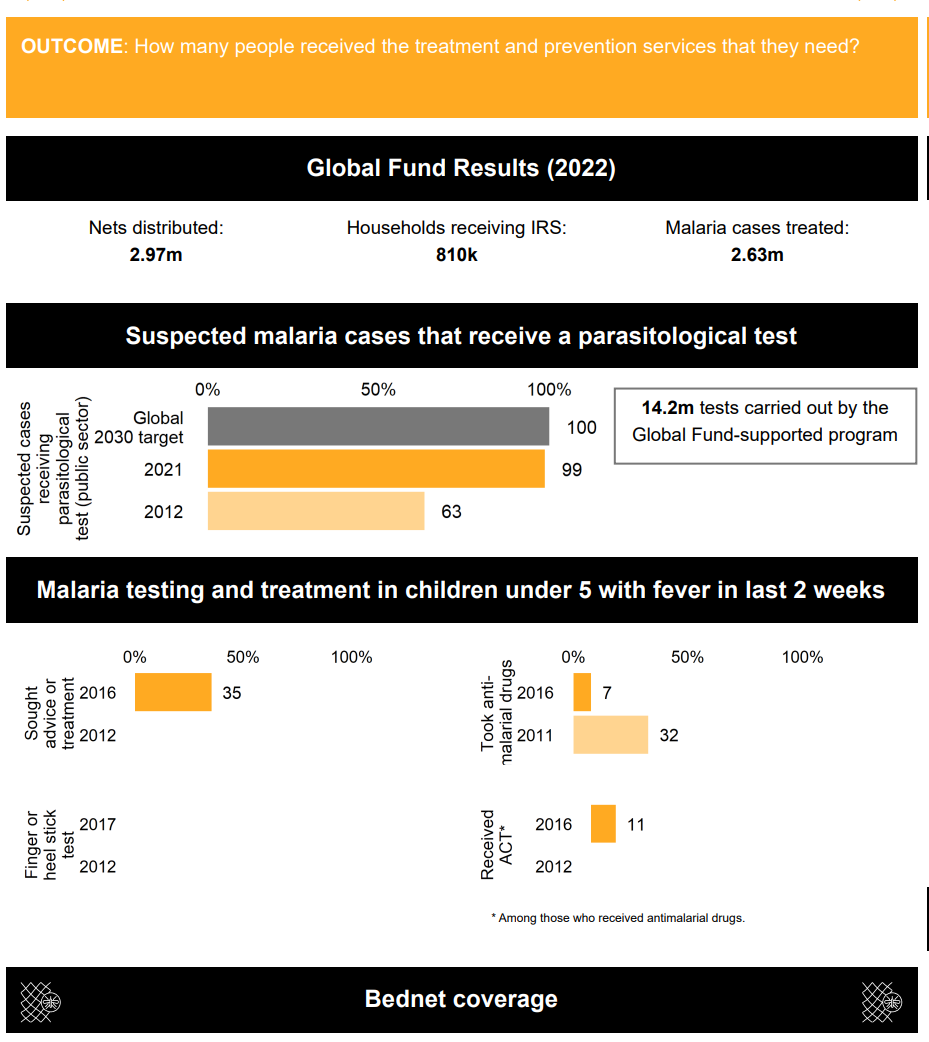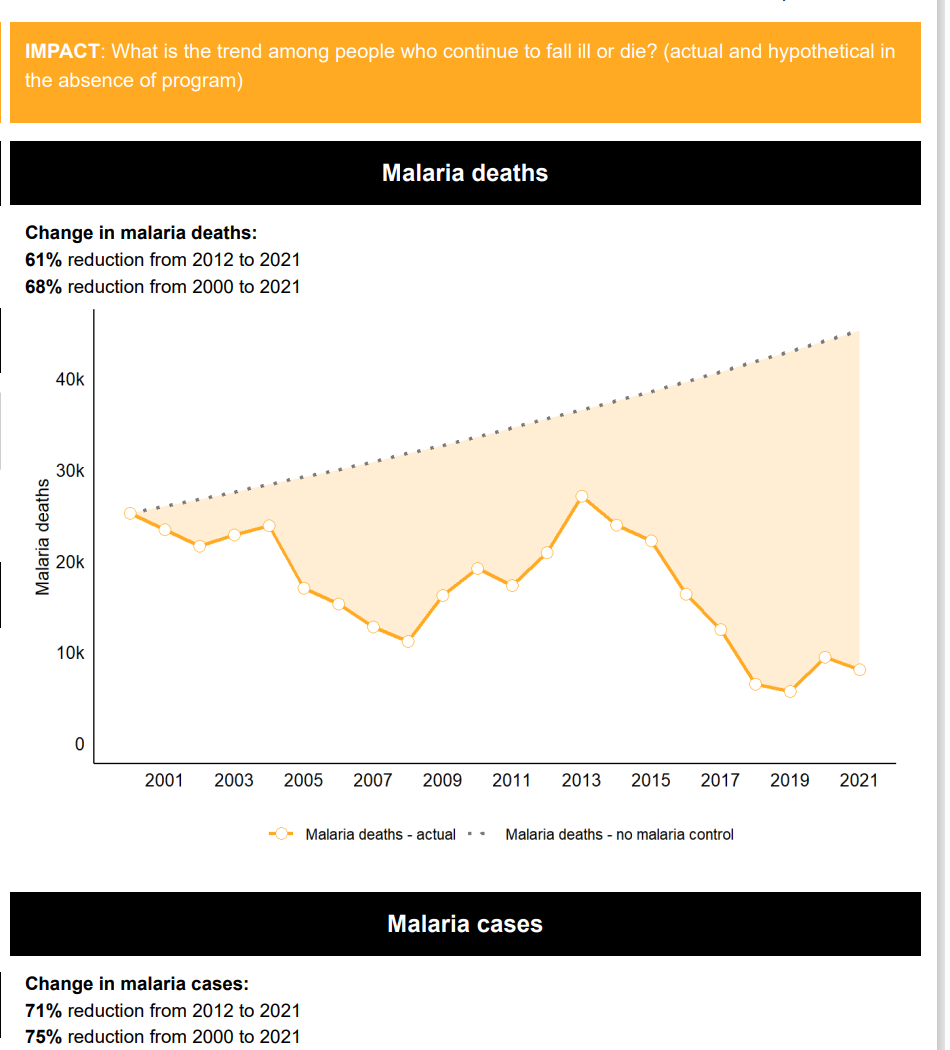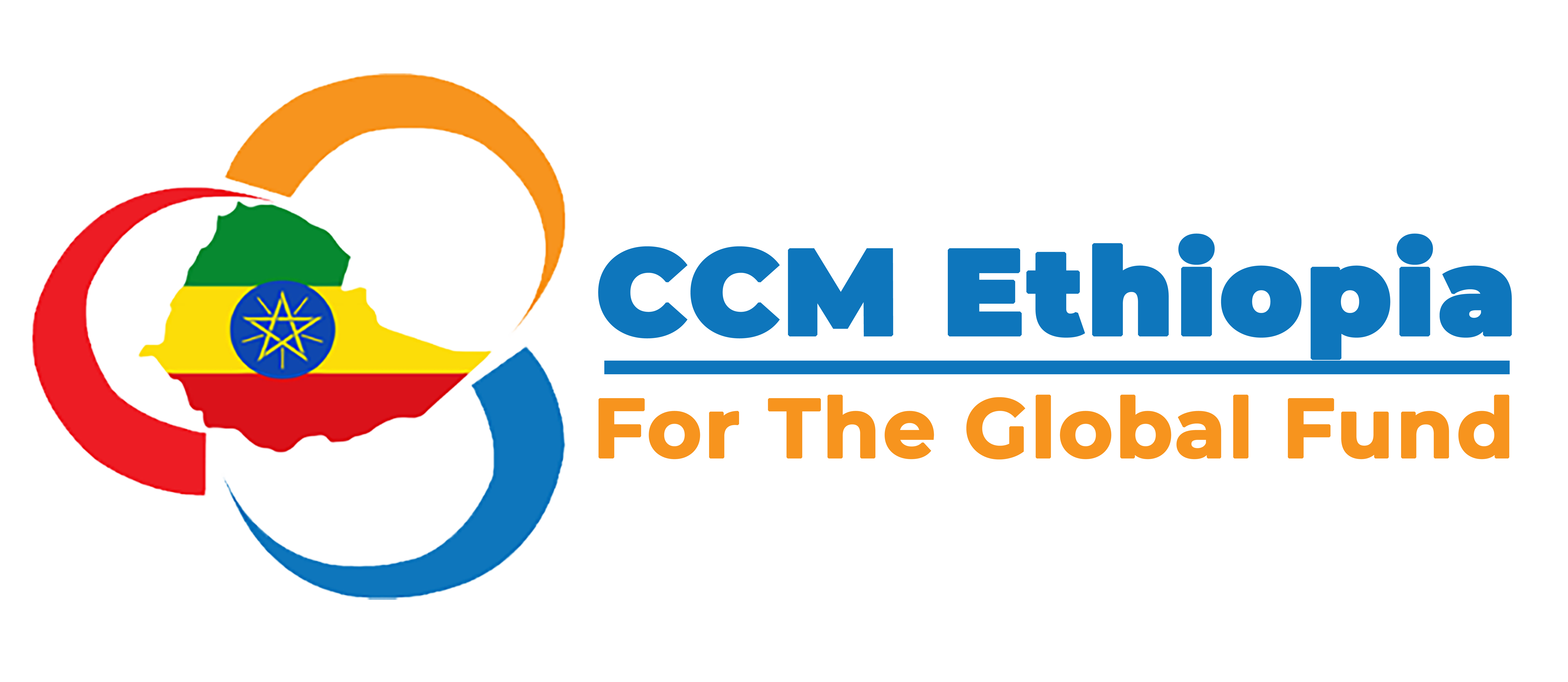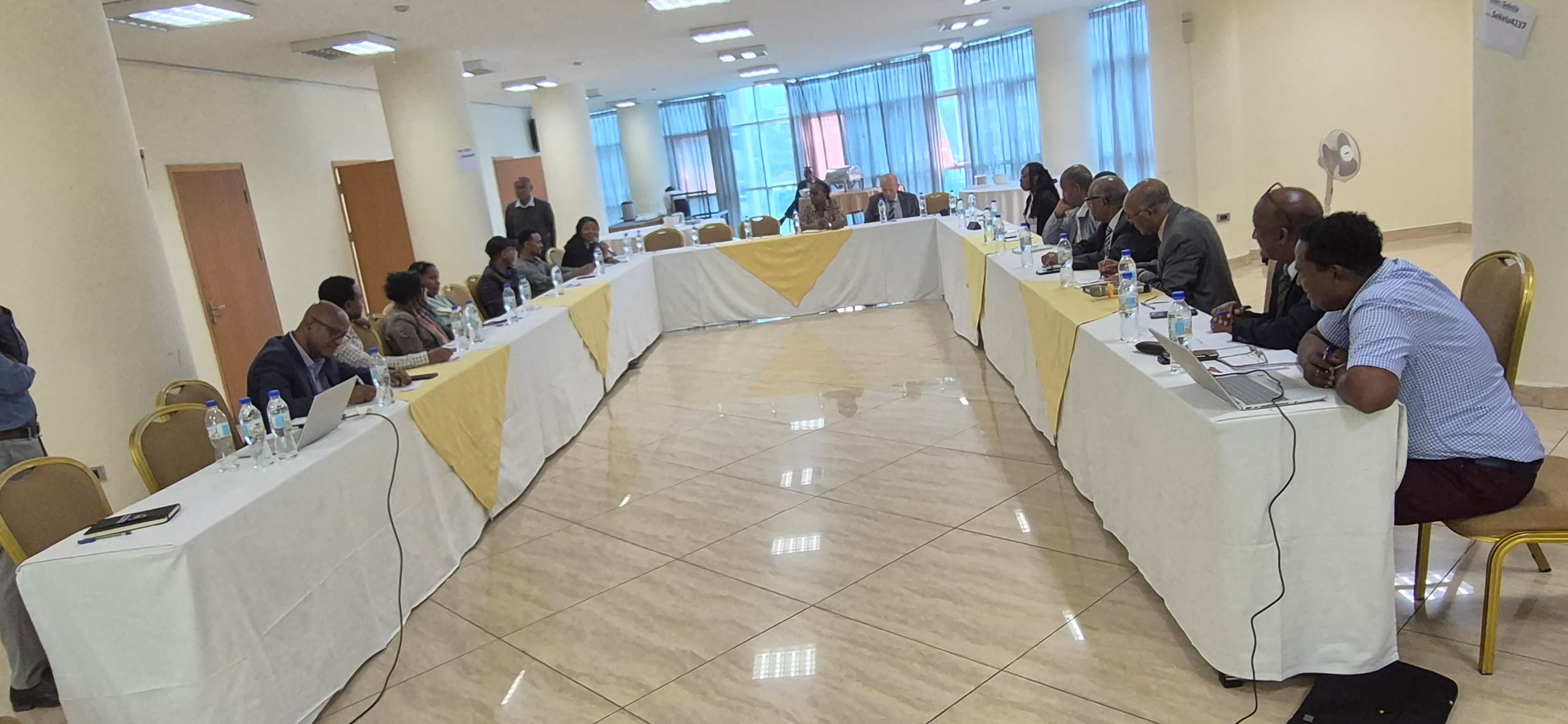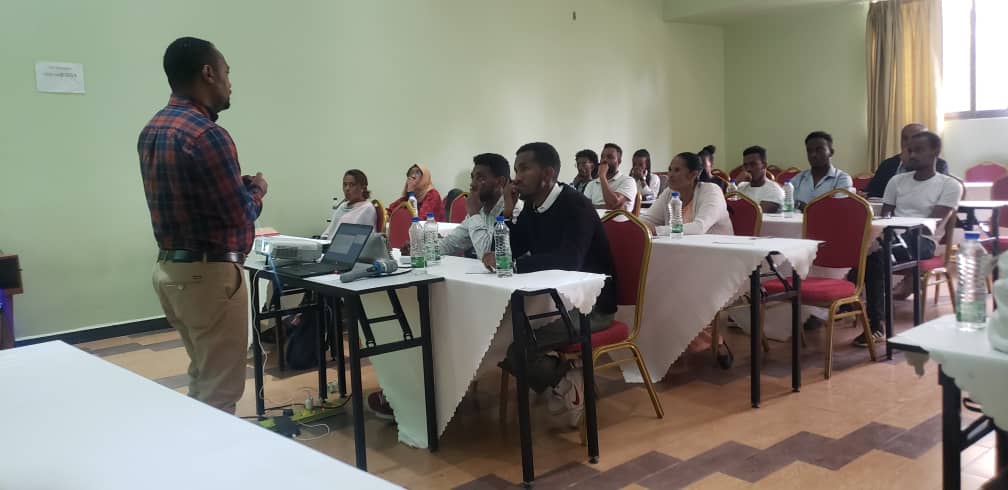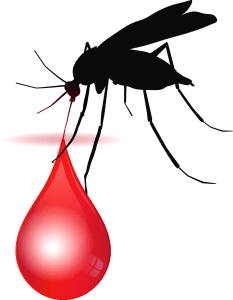
Malaria Situation in Ethiopia: Progress and Challenges
Ethiopia has made significant progress in reducing malaria prevalence over the past two decades, but the disease remains a pressing public health issue, particularly in rural areas. Despite government efforts and international partnerships, malaria continues to present significant socioeconomic challenges due to its impact on productivity and health outcomes.
Prevention and Response Strategies
Effective malaria prevention is crucial for reducing transmission and mortality. Ethiopia has implemented a range of strategies, including insecticide-treated nets, indoor residual spraying, and seasonal malaria chemoprevention. These interventions have contributed to in declining malaria cases, but ongoing efforts are needed to address emerging challenges and maintain progress.
Malaria Response and Prevention Strategies
Ethiopia has implemented a range of strategies to respond to malaria outbreaks and prevent the further spread of the disease. This section evaluates the national response mechanism, scrutinizing its efficiency and adaptability to changing epidemiological patterns. Prevention strategies, including the distribution of bed nets, indoor residual spraying, and community education programs, are analyzed for their impact on reducing malaria transmission. The role of research and innovation in shaping response strategies is also highlighted, emphasizing the need for a dynamic and evidence-based approach to malaria prevention..
Malaria Care and Treatment
Access to timely and effective malaria care is essential for reducing morbidity and mortality. Ethiopia has made improvements in healthcare infrastructure and drug availability, but challenges remain in ensuring equitable access to treatment, particularly in remote areas.
Malaria by the Numbers
The Global Fund has provided substantial funding to support Ethiopia’s malaria response. This investment has facilitated the distribution of insecticide-treated nets, increased access to treatment, and contributed to a significant reduction in malaria cases and deaths. The Global Fund’s support has enabled Ethiopia to implement a range of malaria prevention and control strategies, including the distribution of insecticide-treated nets, indoor residual spraying, and seasonal malaria chemoprevention.
The Global Fund has invested significantly in Ethiopia’s malaria response since 2002, with total investment of $ 762M during the 2002-2022 periods.
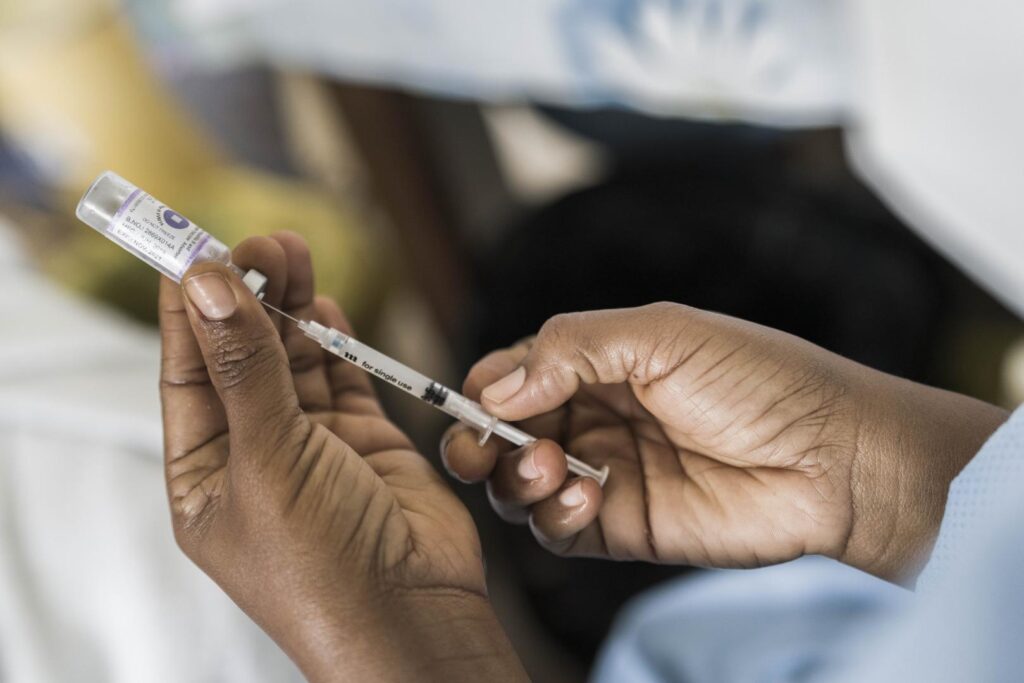
• Malaria cases declined by 71% from 2012 to 2021, and deaths reduced by 61% during the same period.
• In 2022 alone, 3 million mosquito nets distributed
In 2022, according to the Global Fund 2023 report, 14.2 million suspected malaria cases were tested t, and 2.6 million cases were treated
Conclusion
Ethiopia has made significant strides in malaria control, yet the disease remains a pressing public health challenge. Continued efforts are essential to enhance prevention strategies, expand access to care, and tackle emerging issues. By building on past successes and addressing existing gaps, Ethiopia can further decrease the malaria burden and improve public health.
Malaria Reports
